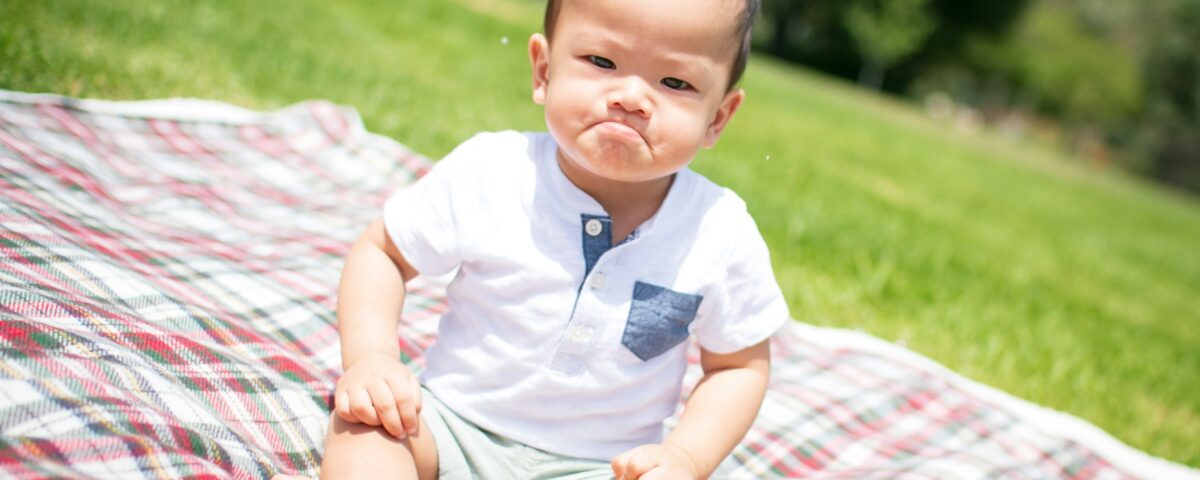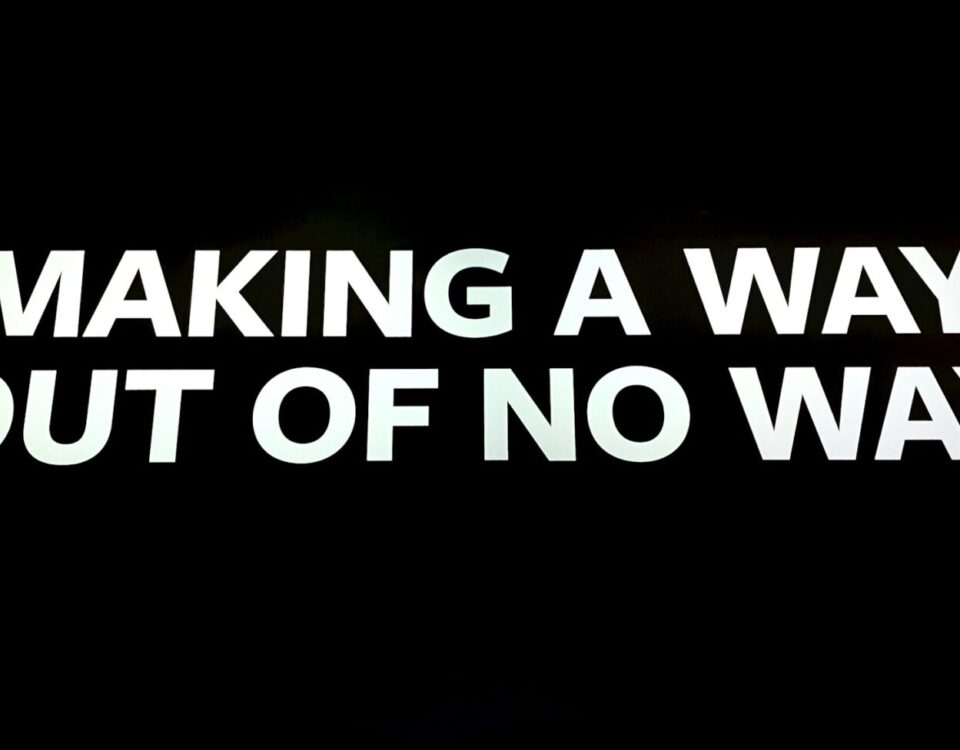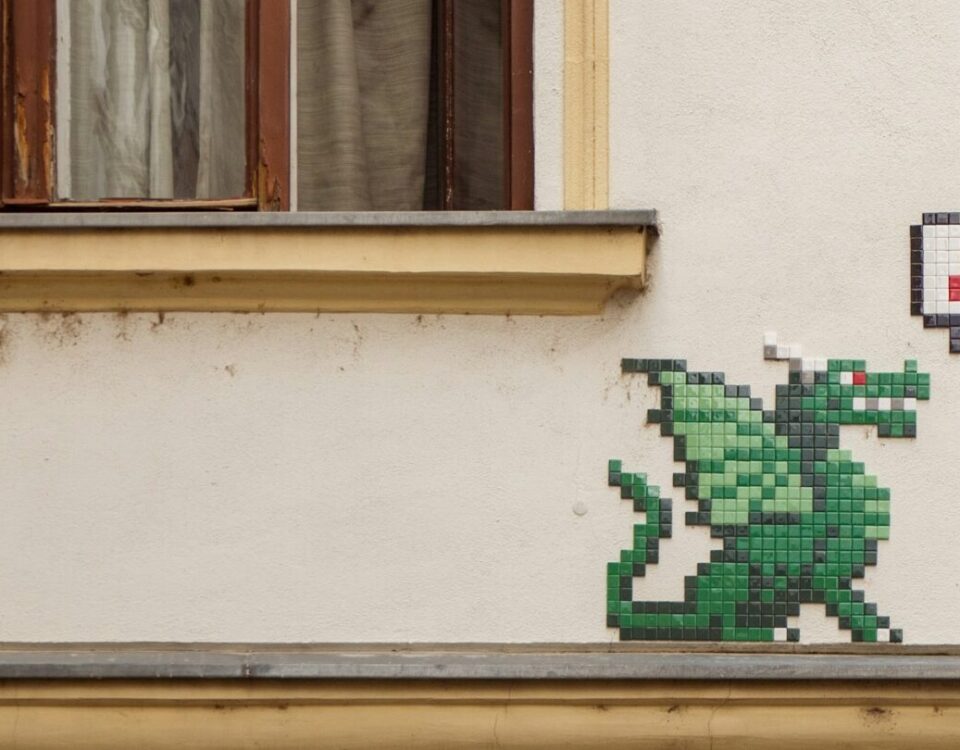
Growing Resilience in Kids
September 4, 2024
Join Team Child
September 18, 2024How does your calm build a child’s resilience? Your calm provides a safe space for them when they are swept away by their emotions. It sends the message that there must be a solution since you aren’t panicked. It is the ‘model’ in Learn Model Teach. You can model your calming efforts out loud. “Ok, hang on, that was not cool. I need to take a breath. That pissed me off, I need to take a walk. Oh yikes, let me get a drink of water.” By talking out loud about the things you do to get calm, you give the child/teen a model of different ways to calm down.
When you are calm you provide an emotional safe space for kids. By calm I don’t mean robotic or numb, I mean aware of your emotions with the ability to manage your reactions. You might feel angry and be able to say so without yelling or lashing out. You might be worried about something in the future, but still able to focus on the child in front of you. As I said in the first blog in this series, the goal is not perfection. You will have days where you bubble over and need to recover. Your recovery teaches kids resilience skills.
Being able to tap into an inner core of calm is a resilience skill that can be grown and strengthened. It is a means of taking care of yourself, allowing you to be present no matter how the children in your life are feeling. Below are some ways to stay calm when kids are not.
Pay attention to your inner voice.
When kids have emotional outbursts, you may start to tell yourself a story that isn’t true. “I can’t handle this.” “I’m a terrible parent.” “This kid isn’t respecting me.” Listen for that story and see how true it is for you. It can be particularly hard if the child’s outburst is in public. Notice your inner voice and challenge the negative stories. The truth is more likely to be, “I’m tired, this is a lot, I love you, you are beyond upset, let’s see what we can do to get to a calmer place.”
Don’t take things personally.
Three-year-olds say “I hate you”, grade school kids announce that dinner is disgusting, and teens get even more creative. I had a teen tell me, in a voice filled with venom, “you are so ugly that if anyone ever saw you naked, they would cry”. Wow. My reaction is always some version of, “you seem really angry.” Your self-worth is not reflected in the emotions of a very upset child, teen, or adult. What they say or do when overwhelmed reflects their emotional status, not your worth.
Use your sense of perspective.
I think about the 5-5-5 rule. Will this matter in 5 hours, 5 days, 5 months? One huge advantage you have as an adult is your sense of time. Toddlers fall out over a 10-minute delay because that is a long time for them. Grade school kids understand hours but not weeks. Adolescents have a hard time imagining how different their life will be in 5 years. You can empathize with how hard this is for them now while maintaining your own sense of perspective.
How do you do this? Some days it seems there aren’t enough slow deep breaths to manage the chaos that is parenting or working with kids. A huge part of this is remembering that your first responsibility is to take care of you. Make sure you are checking in with yourself often. Ask for help, kids really do need a village. Or to say that more accurately, you need your kids to have a village. Connection to others who will support you, and your child, makes all the difference.
What if you don’t stay calm? What if you are overwhelmed, cry, shout, or lose your temper? Then you get to model recovery. “That was really hard. I was furious. Sorry I yelled at you. What I said wasn’t fair, I was so angry I wasn’t watching my words.” If it is safe to do so step away and ask someone else to step in. Just as you bring in a doctor, coach or math tutor to help your child you can bring in a therapist, trusted friend, or mentor to help.
Sometimes being calm comes naturally, “really, it will be ok.” Give yourself credit for the times you naturally step in with a reassuring presence. Bouncing a baby, handing out band aids, listening intently to a rant are all times when adults bring a calm presence to a childhood upset. When it is harder, give yourself triple points! When they are upset with you, when you are running on fumes, when the crisis is happening to all of you, it is a lot harder to manage your emotions. It is ok to say, “this is really hard, I am not sure what we are going to do, but we will keep working on it together.” Your efforts to be calm create a centering place for you, and the kids in your life, to build resilience.
Peace,
Laura
This week on 9/12/2024 6:30pm EDT we are having a Q&A Zoom meeting about Resilient Routines.
Next month on 10/17/2024 6:30pm EDT we will have a Q&A Zoom about Growing Resilience in Kids.
The zoom link for both of these will be sent out through the email list at LearnModelTeach. If you don’t already receive these you can join our community at https://learnmodelteach.com/#connect.
If you have any questions or comments you can reach Laura at resilience@learnmodelteach.com.




